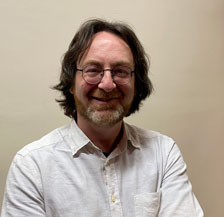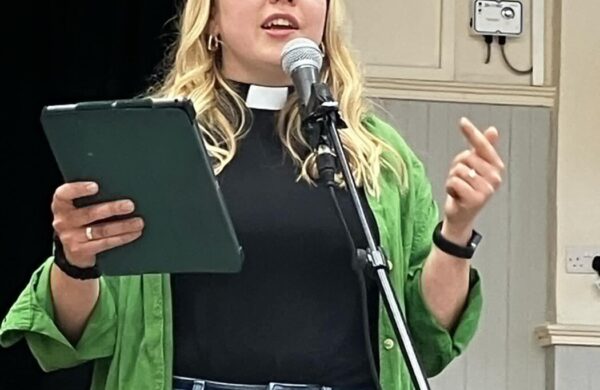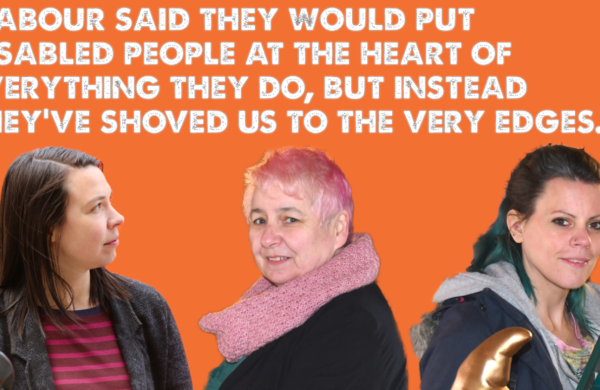The prophetic imagination
A report from our 16 April online discussions on what it means to be church on the margins during the pandemic.
Reflection by Urzula Glienecke
What are the things we can learn from the lockdown situation?
- We don’t need our church buildings, we can be more creative, meet in different places.
- Democratised worship, not hierarchical
- Relational church
- We are currently dependent on zoom, the church is dislocated from the neighbourhood
- The violence of capitalism denies what it is to be human – huge divides between rich and poor, white privilege (be cautious about heroic words that come from out privilege)
- The virus has exposed how bad the situation was before
- People with disabilities and others were already experiencing social isolation
- Having to identify people in need of help (not already known/in contact)
- The presence of the church/delivering food shows presence and love
- Our economy was not working for all – how can this be addressed post covid?
- Universal income
- If we were consultants to the Bishop – what would we be saying?
- Need a clear strategy, not multiple campaigns, not duplicating work
- We are currently very reliant on food banks
- Kairos moment – crisis and opportunity at same time
- This has forced us to do things differently, we can imagine something different but we have to make it happen
- Action comes out of prophetic imagination
- Kindness makes a huge difference
- Value placed on people’s lives, vulnerable and people with disabilities asked to sign DNRs.
- We can learn from countries that are doing things well, e.g. New Zealand, Finland
- Food security is closely tied to legal (and illegal) immigrant workers. We need to value them.
What would be the one thing which you would improve/change in your local community after the lockdown?
- Work for Universal basic income
- Work for the church to be more integrated in the community/build relationships
- Storefront churches turning into missional housing, Christians living intentionally on the block, pushing back against gentrification
- Challenge institutional church re. finances, where, what, how it spends its money
- Digital provision and training for people currently excluded
- Economic activity with ecological focus
- Inspiration from people involved in prophetic action (Romero, Martin Luther King, Dorothy Day, Sojourner Truth)
- People’s own relationship to (and awareness of) their own power
- People designing their own communities/structures (eg older people and people in poverty)
- The churches are ‘closed’, but still ongoing. We are the church.
- We need to change our attitudes towards immigrants (many of our key workers, nurses, delivery drivers, food harvesters).
- The church needs to become ‘the voice of the national consciousness’ (reflecting voices of change, equality, fairness).

Research and Information Officer
We have a new Chief Exec – and we’ll continue to be a catalyst for change!
We’ve appointed a new Chief Executive. Liam Purcell steps into the role from 1 July.
Are churches losing faith in low-income communities?
A report from an event held by Church Action on Poverty’s Sheffield group on 29 May 2025
“The cuts are deeply immoral and should be opposed by all Christians”
Activists have called for the disability minister to resign, after an “awful” meeting where he took no interest in what they had to say. Church …
Let’s End Poverty: what comes next?
As the Let’s End Poverty coalition comes to an end, how will we continue working together?
We have a new Chief Exec – and we’ll continue to be a catalyst for change!
We’ve appointed a new Chief Executive. Liam Purcell steps into the role from 1 July.
Are churches losing faith in low-income communities?
A report from an event held by Church Action on Poverty’s Sheffield group on 29 May 2025
“The cuts are deeply immoral and should be opposed by all Christians”
Activists have called for the disability minister to resign, after an “awful” meeting where he took no interest in what …



